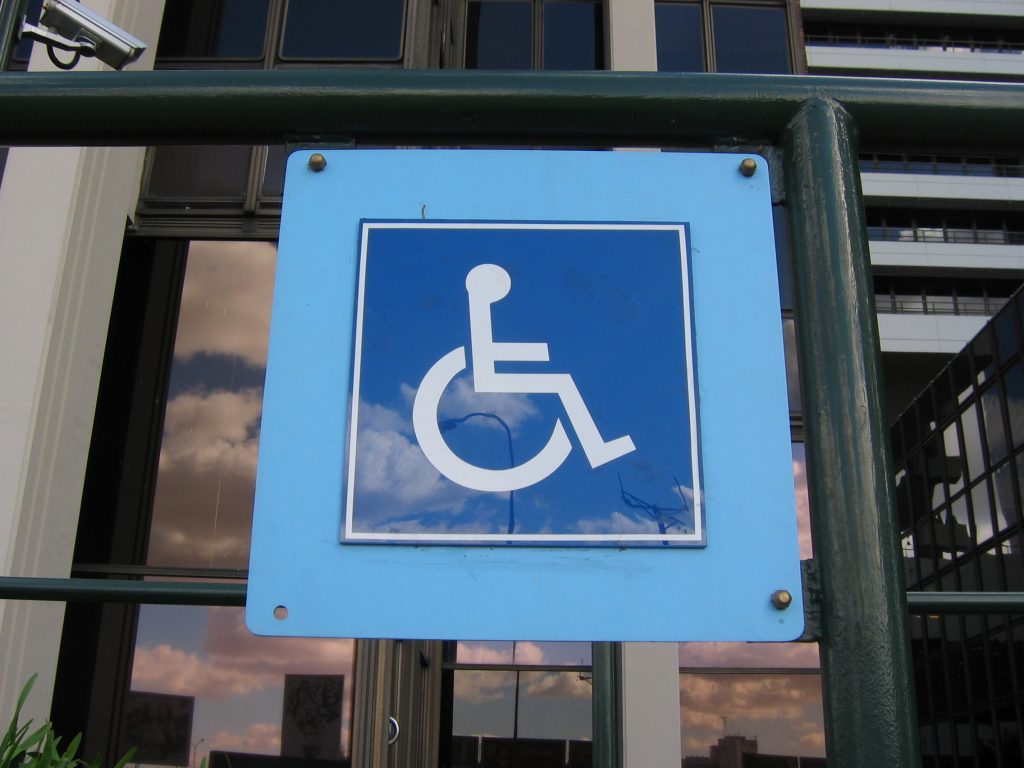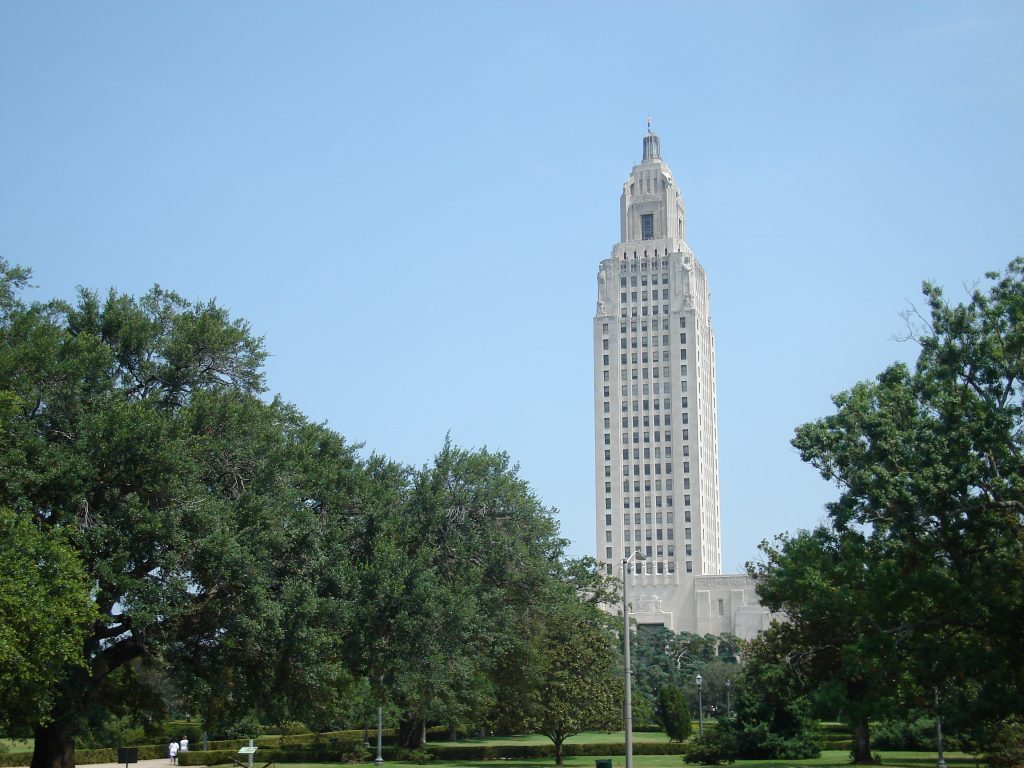 Are you being or have you been sued and simply can’t afford court costs and litigation due to financial instability? If this is your case, you can file an affidavit of poverty also known as obtaining pauper status pursuant to La. C.C.P. art. 5183. By applying and obtaining this status, the court will permit you to continue litigation without requiring any payments before or throughout the litigation process. If in the course of litigation, the opposing side suspects that you are not actually eligible to obtain pauper status, they may request a hearing and provide evidence to show that you lack the required eligibility criteria (1/125 of the poverty level). At issue in an appeal from the Thirtieth Judicial District Court, the Third Circuit Court of Appeal entertained the discussion of whether or not an unconditional tender of a judgment can be used to revoke a pauper status.
Are you being or have you been sued and simply can’t afford court costs and litigation due to financial instability? If this is your case, you can file an affidavit of poverty also known as obtaining pauper status pursuant to La. C.C.P. art. 5183. By applying and obtaining this status, the court will permit you to continue litigation without requiring any payments before or throughout the litigation process. If in the course of litigation, the opposing side suspects that you are not actually eligible to obtain pauper status, they may request a hearing and provide evidence to show that you lack the required eligibility criteria (1/125 of the poverty level). At issue in an appeal from the Thirtieth Judicial District Court, the Third Circuit Court of Appeal entertained the discussion of whether or not an unconditional tender of a judgment can be used to revoke a pauper status.
The issue itself arose out of a claim made by plaintiffs Tammy and Tommy Dubois regarding medical expenses for an injury that was caused due to the defendants’ (Scottsdale Insurance Company and SMI Group) negligence. The plaintiffs prior to the court proceedings had gone through the correct procedure as outlined by La. C.C.P. art. 5183 and were granted pauper status.
The District Court ruled in favor of the plaintiffs on their negligence claims and the plaintiffs were awarded $211K. Unhappy with the amount awarded to them, the plaintiffs filed an appeal of the judgment. In response to the appeal, the defendants filed a motion to have the plaintiffs’ pauper status revoked claiming they had been “unconditionally tendered” payment of both the judgment and of the interest on the judgment in two separate checks. The plaintiff’s counsel refused to cash the checks, but the defendant argued that the money was readily available to them, therefore, their pauper status should be revoked because they did, in fact, have access to a sufficient amount of money.
 Louisiana Personal Injury Lawyer Blog
Louisiana Personal Injury Lawyer Blog


 When a person is injured, timeliness and diligence are required to hold the responsible party liable under the law. If either element is missing, the injured person will lose the ability to seek relief. An early procedural hurdle plaintiffs face in litigation is the defendant’s motion for summary judgment. Here, the plaintiff must exercise diligence in gathering the necessary evidence to articulate genuine issues of material fact or face dismissal. Another procedural hurdle is the exception of prescription. Similar to what other states would refer to as a “statute of limitation”, prescription is a legal mechanism which prevents a person from pursuing a lawsuit after a certain period of time. In a recent case of the Louisiana Third Circuit Court of Appeal, several procedural hurdles prevented the plaintiff from obtaining recovery.
When a person is injured, timeliness and diligence are required to hold the responsible party liable under the law. If either element is missing, the injured person will lose the ability to seek relief. An early procedural hurdle plaintiffs face in litigation is the defendant’s motion for summary judgment. Here, the plaintiff must exercise diligence in gathering the necessary evidence to articulate genuine issues of material fact or face dismissal. Another procedural hurdle is the exception of prescription. Similar to what other states would refer to as a “statute of limitation”, prescription is a legal mechanism which prevents a person from pursuing a lawsuit after a certain period of time. In a recent case of the Louisiana Third Circuit Court of Appeal, several procedural hurdles prevented the plaintiff from obtaining recovery.  A car accident can create a significant change in one’s life. If nothing else, it can generate a large monetary cost that will be difficult to repay. Automobile insurance, which each person must have to a certain extent, can help with this cost. Other sources like governmental benefits may be of help to some, but it is essential to understand how public benefits and private insurance policies may interact. Louisiana law requires that a person who is suing an insurance company, such as the insurer of another driver at fault for a car accident, must exhaust any other insurance policies that the plaintiff may be entitled to benefits.
A car accident can create a significant change in one’s life. If nothing else, it can generate a large monetary cost that will be difficult to repay. Automobile insurance, which each person must have to a certain extent, can help with this cost. Other sources like governmental benefits may be of help to some, but it is essential to understand how public benefits and private insurance policies may interact. Louisiana law requires that a person who is suing an insurance company, such as the insurer of another driver at fault for a car accident, must exhaust any other insurance policies that the plaintiff may be entitled to benefits.  The devil is in the details is a well-known idiom that holds true in this case. It was only upon a close examination of the factual details set out in the trial record that the Louisiana Fourth Circuit Court of Appeal ruled in the plaintiff’s favor. In the case, the Fourth Circuit discusses the two-step process used to determine if the lower court correctly calculated its award of special damages.
The devil is in the details is a well-known idiom that holds true in this case. It was only upon a close examination of the factual details set out in the trial record that the Louisiana Fourth Circuit Court of Appeal ruled in the plaintiff’s favor. In the case, the Fourth Circuit discusses the two-step process used to determine if the lower court correctly calculated its award of special damages.  Louisiana law holds responsible those who cause injury to others by failing to repair unreasonably dangerous conditions in their custody or control. This type of liability is called “custodial liability.” For example, a university that fails to maintain its walkways so as to cause injury to pedestrians can be held liable for damages by injured persons. However, the university in this example would not be liable for conditions which are considered “open and obvious.” In a recent case, the Louisiana First Circuit Court of Appeal helped illustrate what is meant by “open and obvious.”
Louisiana law holds responsible those who cause injury to others by failing to repair unreasonably dangerous conditions in their custody or control. This type of liability is called “custodial liability.” For example, a university that fails to maintain its walkways so as to cause injury to pedestrians can be held liable for damages by injured persons. However, the university in this example would not be liable for conditions which are considered “open and obvious.” In a recent case, the Louisiana First Circuit Court of Appeal helped illustrate what is meant by “open and obvious.” A jury’s verdicts can an often depend upon which party it believes the most. In a jury trial, the jury is indeed the trier of fact. It hears the evidence and makes findings of fact based on the credibility of witnesses and other evidence presented at trial. In a case out of Gonzales, Louisiana the verdict hinged on whether the Plaintiff, Mindy Weiley, appeared credible to the jury or whether she seemed to be a liar.
A jury’s verdicts can an often depend upon which party it believes the most. In a jury trial, the jury is indeed the trier of fact. It hears the evidence and makes findings of fact based on the credibility of witnesses and other evidence presented at trial. In a case out of Gonzales, Louisiana the verdict hinged on whether the Plaintiff, Mindy Weiley, appeared credible to the jury or whether she seemed to be a liar.  The State of Louisiana has laws in place to protect whistleblowers with legitimate claims. These laws are critical to protecting workers and promoting healthy corporate self-governance. In Louisiana,
The State of Louisiana has laws in place to protect whistleblowers with legitimate claims. These laws are critical to protecting workers and promoting healthy corporate self-governance. In Louisiana,  Getting a judgment in your favor can often feel like a big win in court. After a judgment has been declared by the court many people believe the losing side simply gets out their checkbook and pays what they owe. While this may happen in some cases, many times after getting a judgment a person must fight an uphill battle to collect on that judgment. This is exactly what happened when a Louisiana company, Monster Rentals, obtained a default judgment against Coonass Construction of Arcadia (CCA).
Getting a judgment in your favor can often feel like a big win in court. After a judgment has been declared by the court many people believe the losing side simply gets out their checkbook and pays what they owe. While this may happen in some cases, many times after getting a judgment a person must fight an uphill battle to collect on that judgment. This is exactly what happened when a Louisiana company, Monster Rentals, obtained a default judgment against Coonass Construction of Arcadia (CCA).  Language is key when it comes to the law. A court cannot give a plaintiff what he or she asks for if the request is vague. In a similar vein, a judgment’s lack of certain magic words can render it defective. Words have precise meanings in order to be given legal effect. This is illustrated by a recent of the Louisiana Fourth Circuit Court of Appeal. In this case, the Court of Appeal found that a trial court’s judgment lacked the required decretal language required to give the document legal effect.
Language is key when it comes to the law. A court cannot give a plaintiff what he or she asks for if the request is vague. In a similar vein, a judgment’s lack of certain magic words can render it defective. Words have precise meanings in order to be given legal effect. This is illustrated by a recent of the Louisiana Fourth Circuit Court of Appeal. In this case, the Court of Appeal found that a trial court’s judgment lacked the required decretal language required to give the document legal effect. The United States judiciary is often called upon to decide upon large-scale international disputes. From the trials of foreign government officials for human rights violations to the trials of multinational corporations for environmental damage the world over, U.S. courts play a critical role in international dispute settlement. In a recent case, a number of the coastline Mexican states filed lawsuits against BP and the other companies involved in the drilling base’s failure in the U.S. District Courts. These lawsuits raised complicated questions of international law, federalism, and nuanced negligence law.
The United States judiciary is often called upon to decide upon large-scale international disputes. From the trials of foreign government officials for human rights violations to the trials of multinational corporations for environmental damage the world over, U.S. courts play a critical role in international dispute settlement. In a recent case, a number of the coastline Mexican states filed lawsuits against BP and the other companies involved in the drilling base’s failure in the U.S. District Courts. These lawsuits raised complicated questions of international law, federalism, and nuanced negligence law.